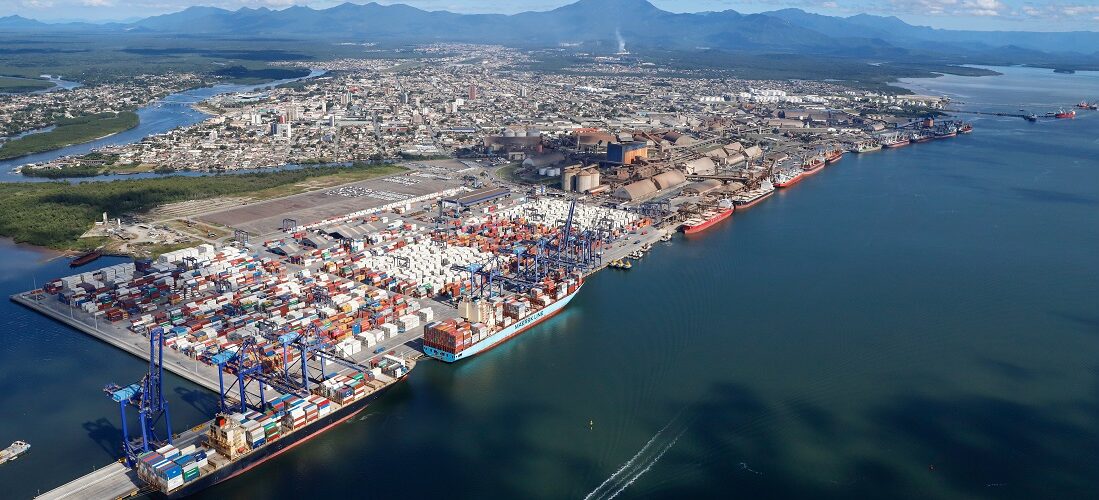
Ship Seized at Paranaguá Port, Captain Arrested for Using Fake Documents
Mar, 27, 2025 Posted by Denise VileraWeek 202513
The Federal Police seized the vessel Agnes, which was docked at the Port of Paranaguá, Paraná, on March 5. The ship transporting soybean oil was detained after authorities discovered it was operating with falsified documents and without a registered flag, violating international maritime regulations. The ship’s captain was caught in the act and arrested.
According to the Federal Police, the vessel arrived at the port on Saturday (March 1) and underwent inspections on Tuesday (March 5), when it was seized. Authorities are investigating the origin of the fake documents and assessing other possible irregularities. The ship will remain detained until officials determine its fate.
No Registered Flag
In international maritime transport, all vessels must be registered under the flag of a specific country. This ensures compliance with safety, environmental, and labor regulations. The absence of a registered flag may indicate attempts to circumvent legal requirements, posing a risk to global maritime security.
On an international level, the United Nations Convention on the Law of the Sea (UNCLOS) and the International Convention for the Safety of Life at Sea (SOLAS) impose sanctions for non-compliance, as such violations are considered serious offenses. “This can lead to the vessel’s seizure and prevent it from operating until the situation is resolved,” explained maritime law expert Larry Carvalho.
Fake Documents
Another serious offense that can result in severe penalties is operating with falsified documents. This crime can lead to the arrest of those responsible, as happened in the case of Agnes. According to the legal expert, falsification can involve various essential documents for a vessel’s legal operation. “The most commonly forged documents include the Ship Registration Certificate, Safety Inspection Certificate, Cargo Transport Licenses, and even environmental certificates. A vessel cannot legally operate without these legitimate documents,” he emphasized.
Captain’s Arrest
The captain is the highest authority on board and ensures that all documents and operations comply with legal regulations. However, Carvalho explains that the captain’s liability may be reduced if it is proven that he was unaware of the fraud. In such cases, responsibility may fall on the vessel’s owning company.
Inspection and Enforcement
Experts highlight the importance of strict oversight to ensure maritime safety and legal compliance. “Cases like this underscore the need for rigorous inspections and exemplary punishments to prevent fraud from undermining the maritime sector,” Carvalho stressed.
Brazil has an inspection and enforcement system led by the National Waterway Transport Agency (Antaq), the Federal Police, and the Brazilian Navy, which conducts thorough vessel inspections. Additionally, ports utilize tracking and monitoring systems to verify the legitimacy of ships docking in Brazilian waters. When irregularities are detected, seizure measures are enforced, as seen in the case of Agnes.
Source: A Tribuna
-
Ports and Terminals
Jul, 28, 2022
0
Codesa grant to be signed in September; Port of Santos will follow suit
-
DW 2019 EN
Apr, 22, 2019
0
DatamarWeek 23 April 2019
-
Sugar and Ethanol
Aug, 16, 2022
0
Sugar shipments queue grows in Brazil; August exports up 30%
-
Grains
Sep, 03, 2021
0
Agribusiness in Argentina has already lost $1 billion due to government interventions, says entity


